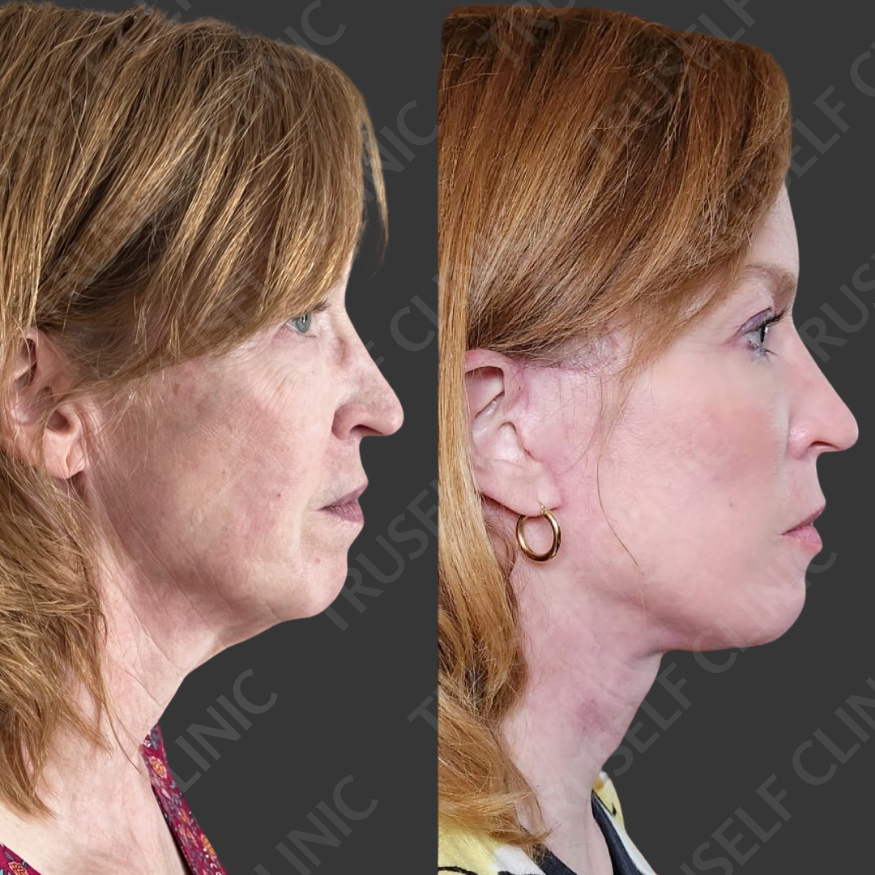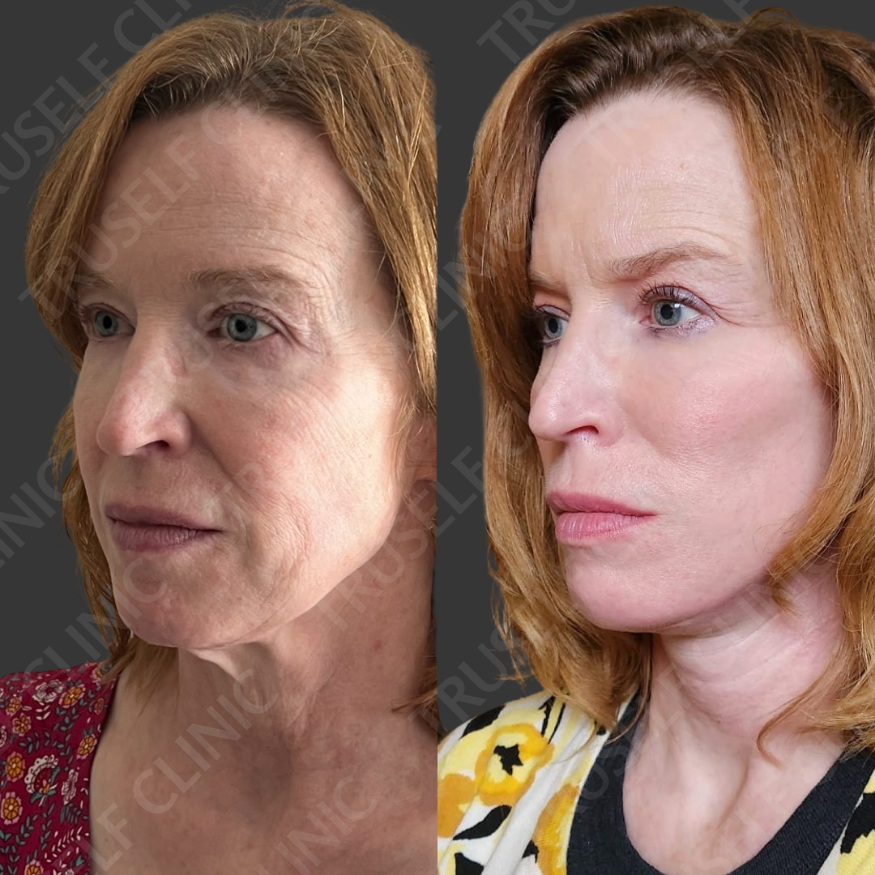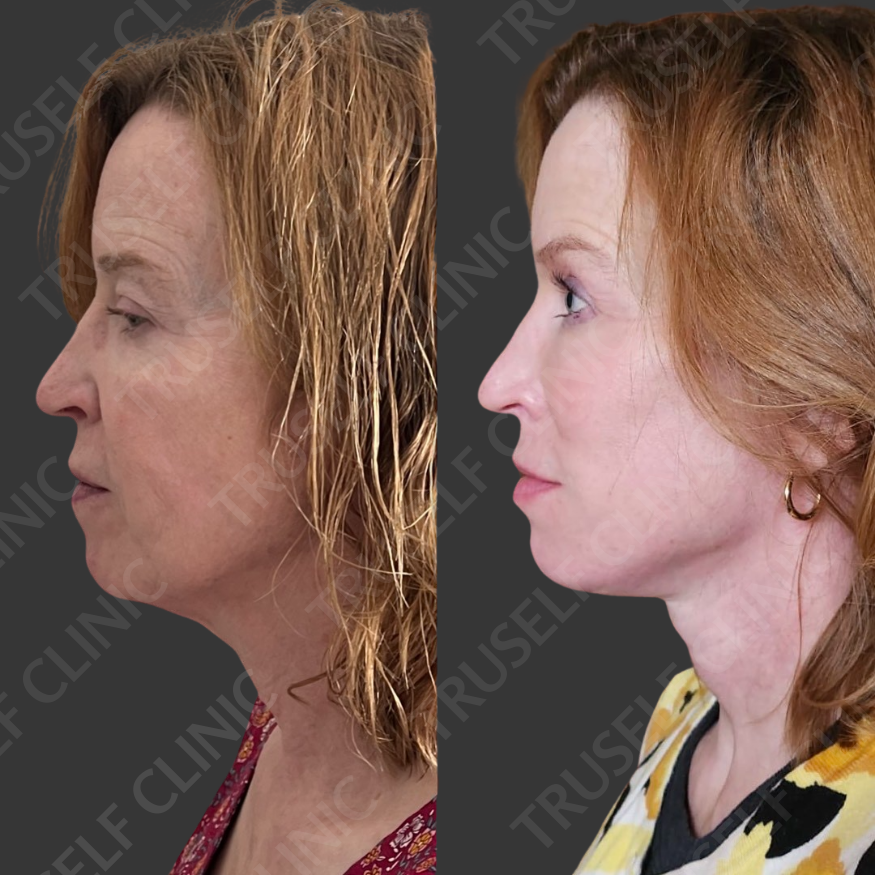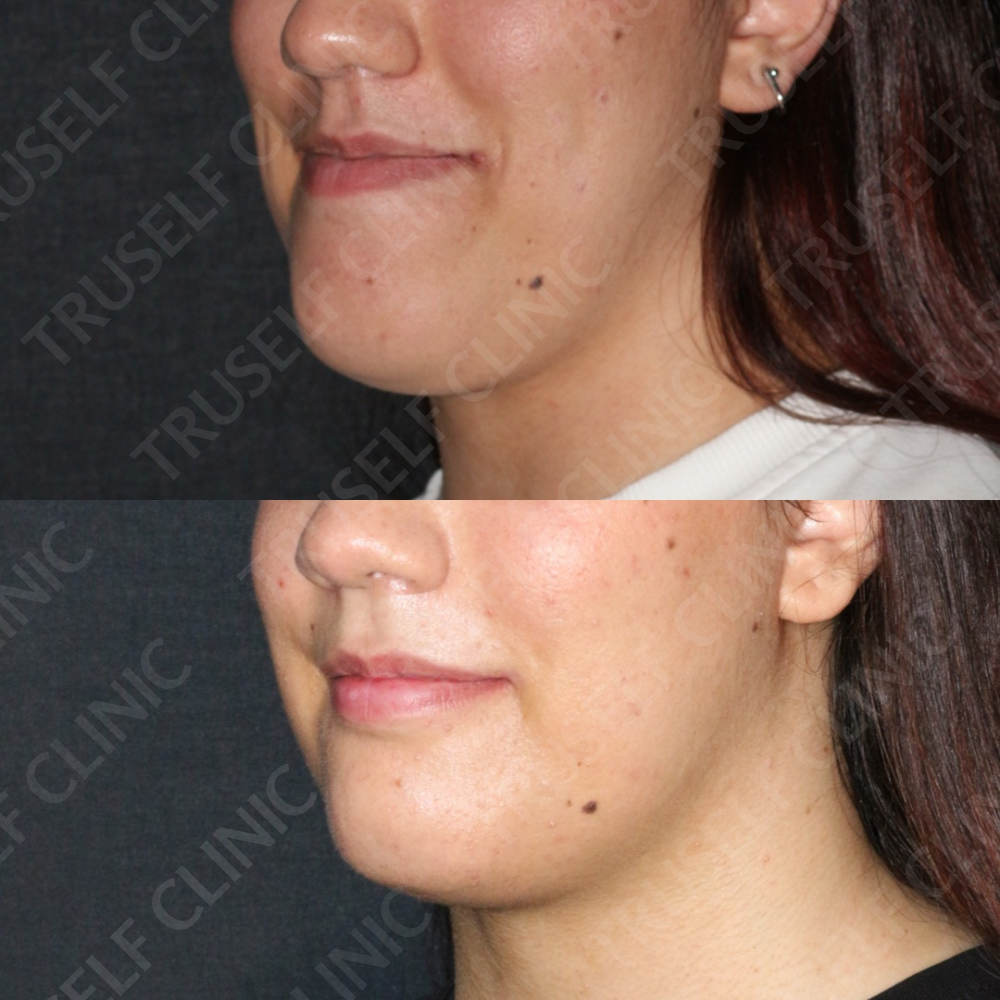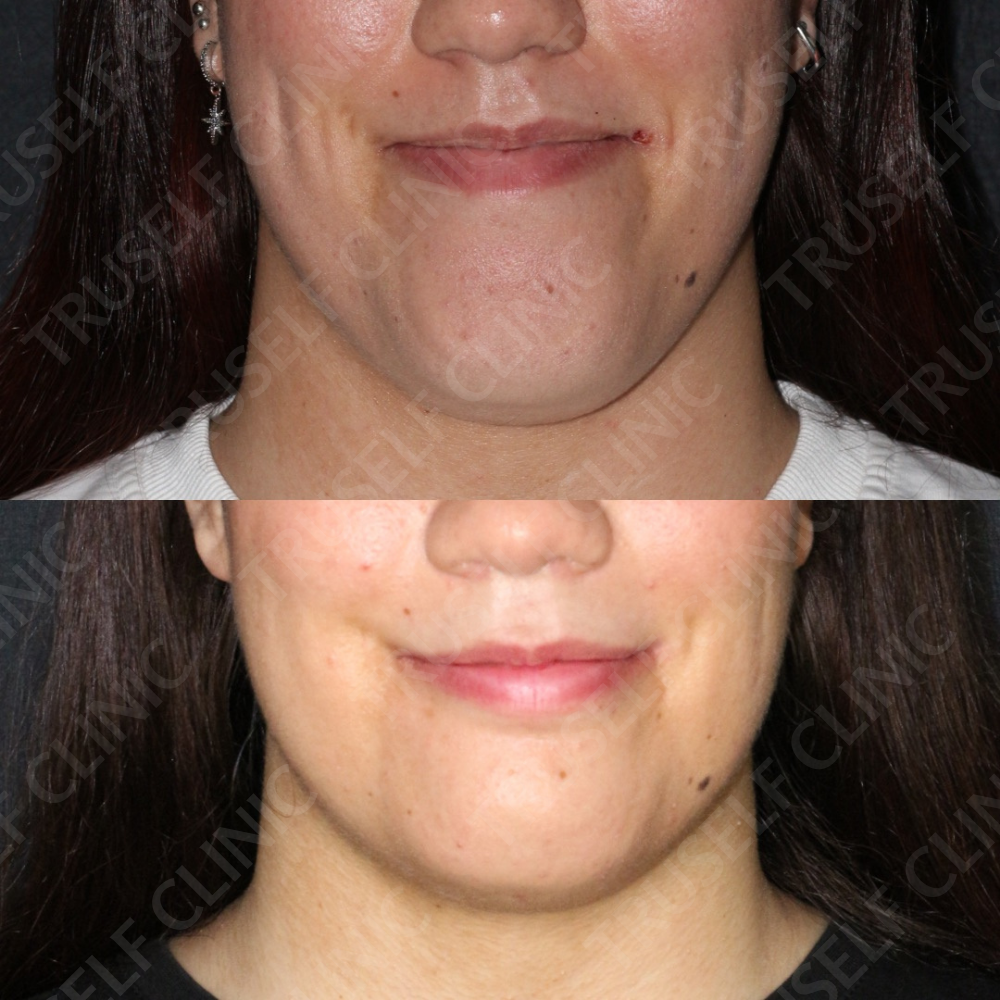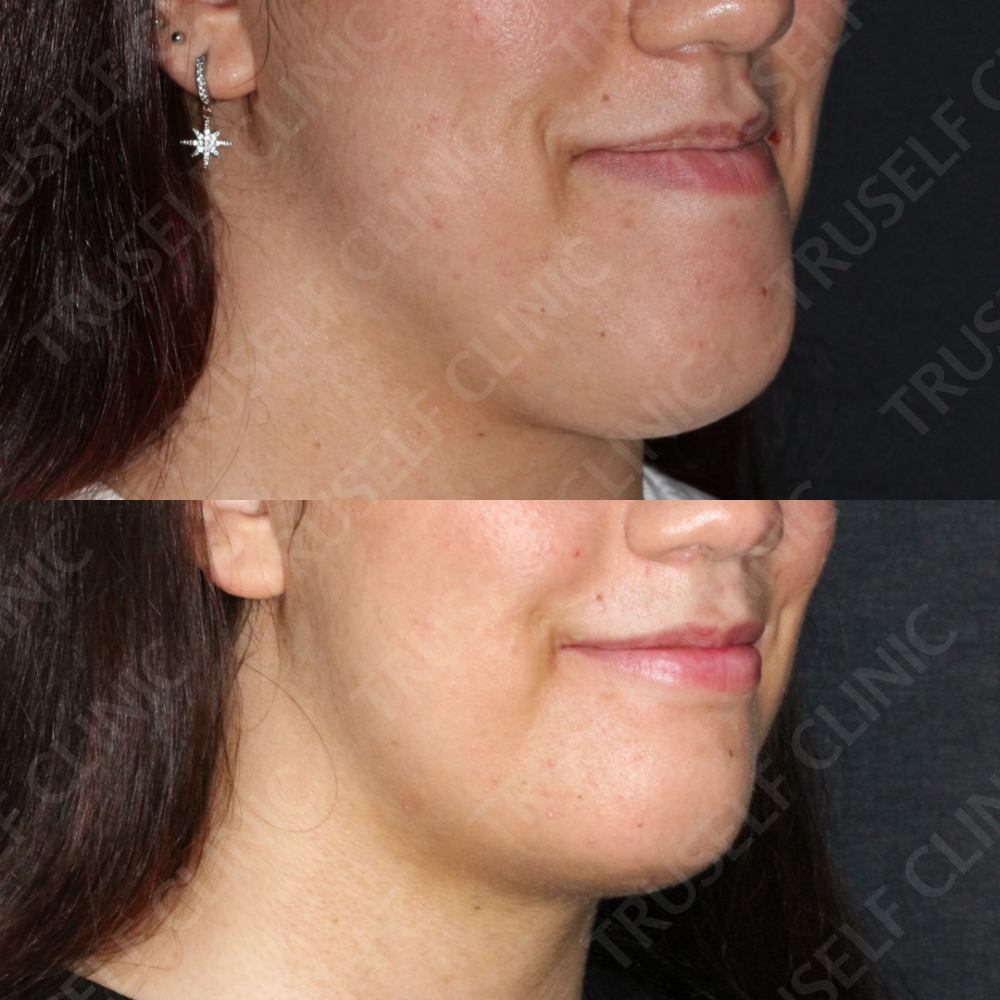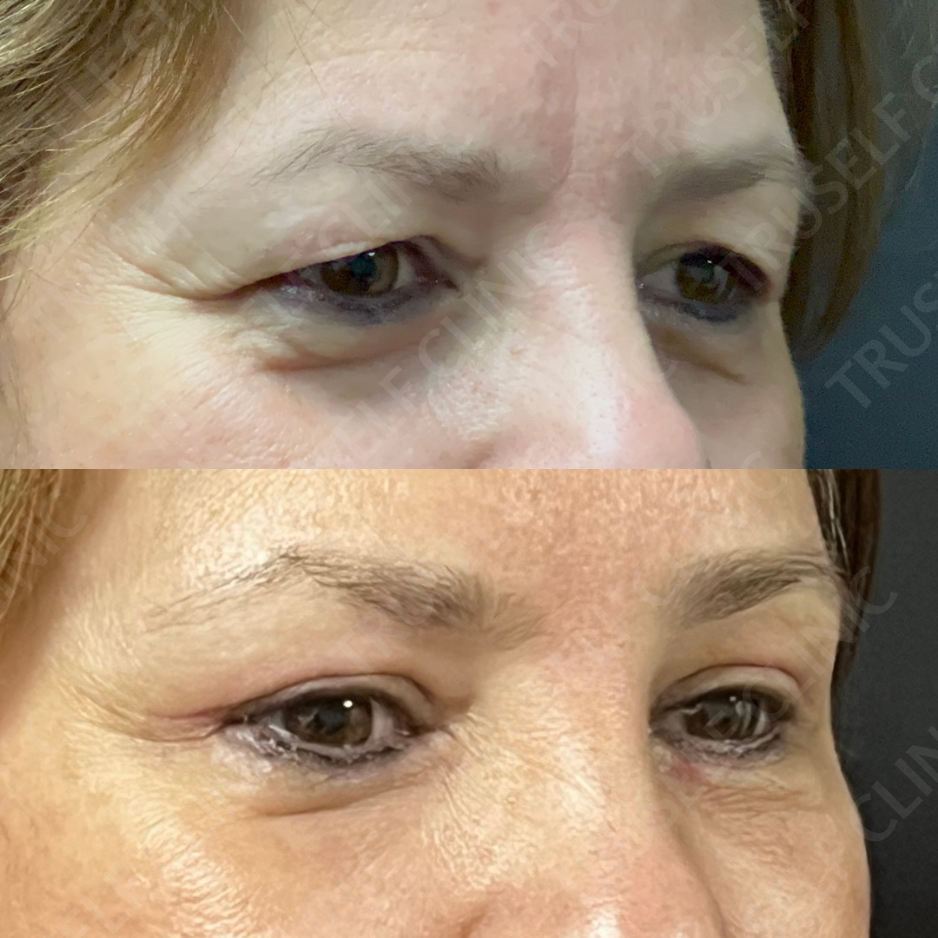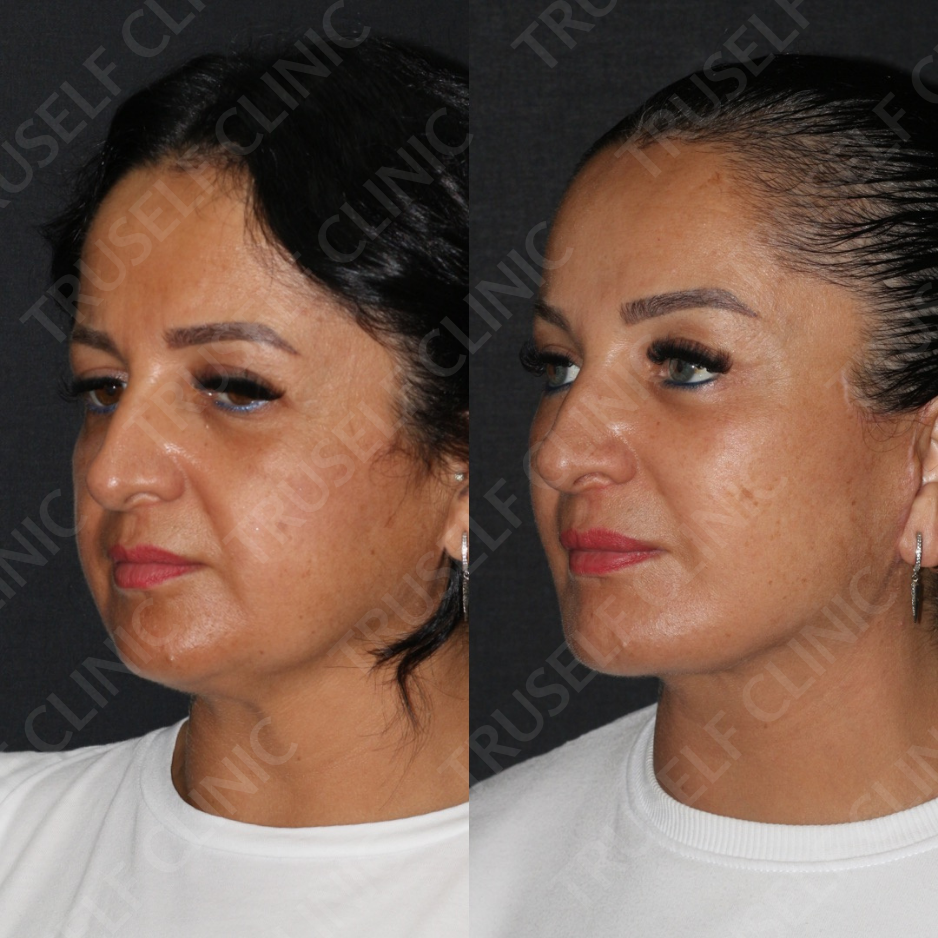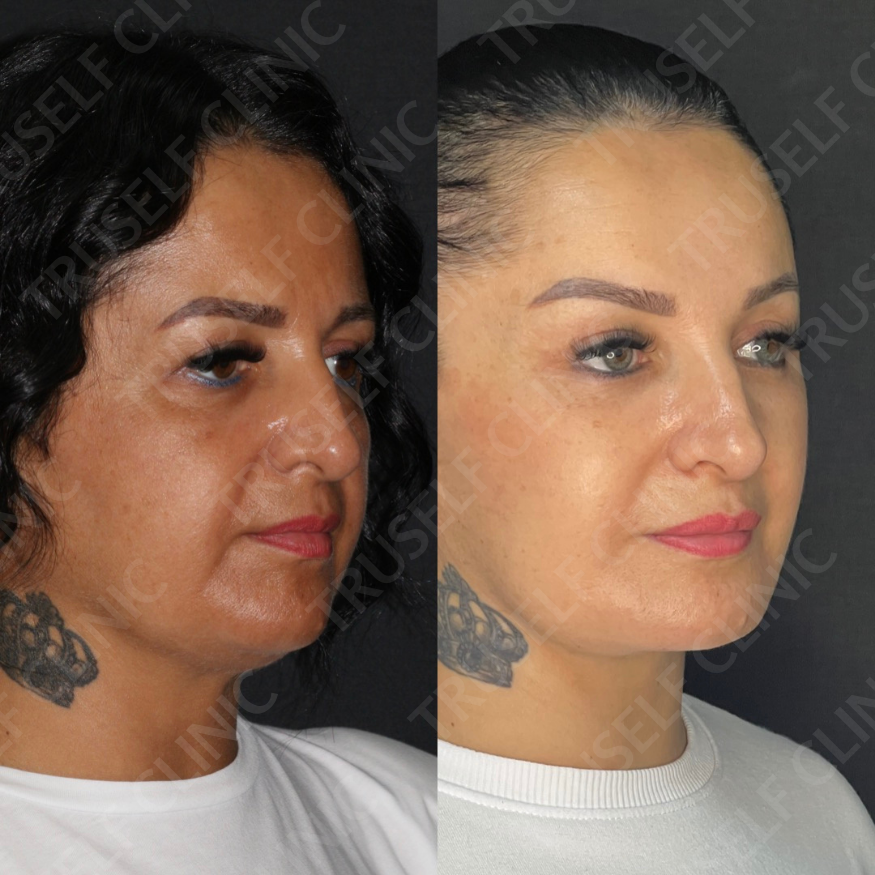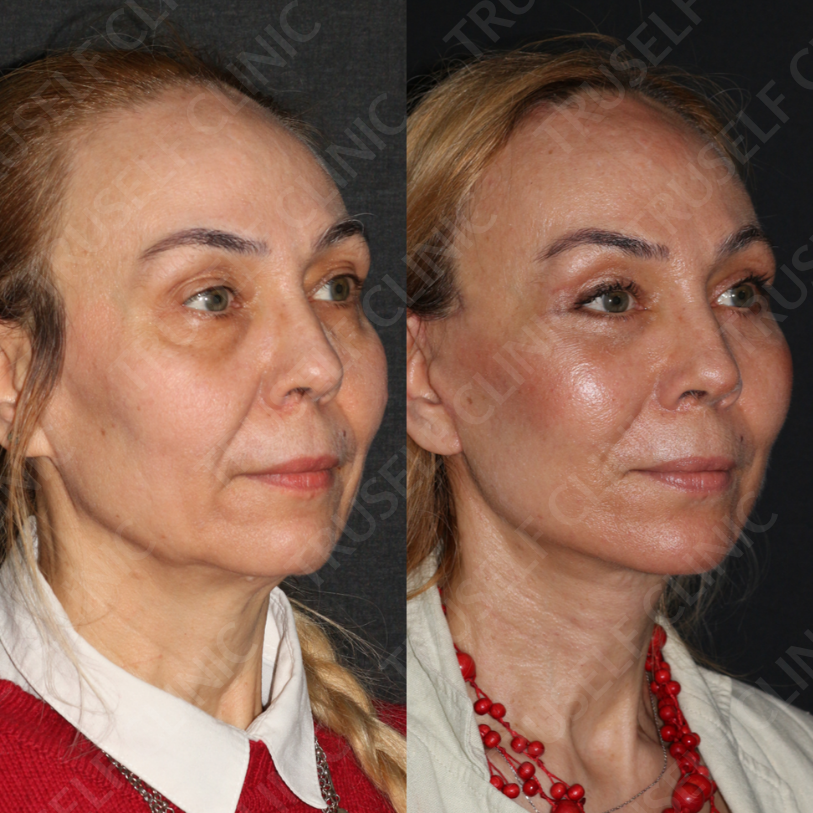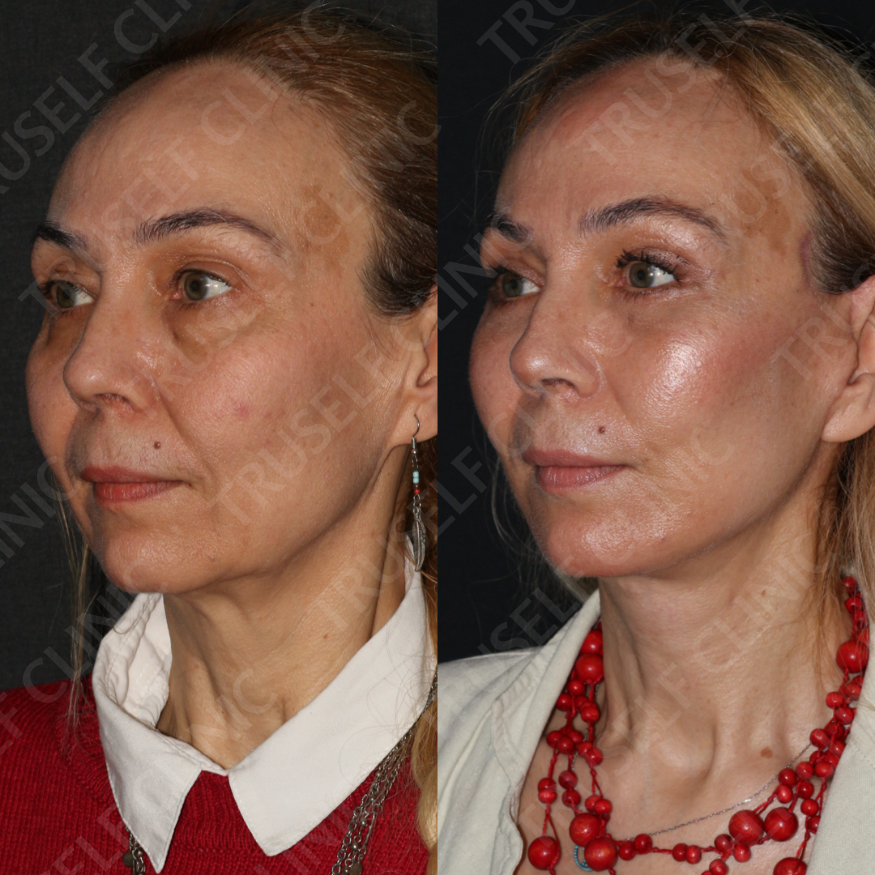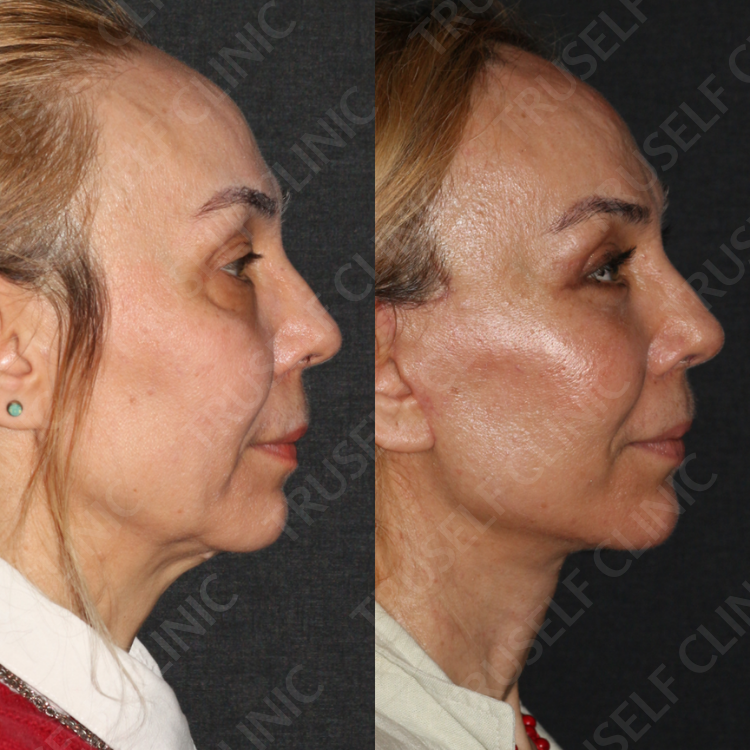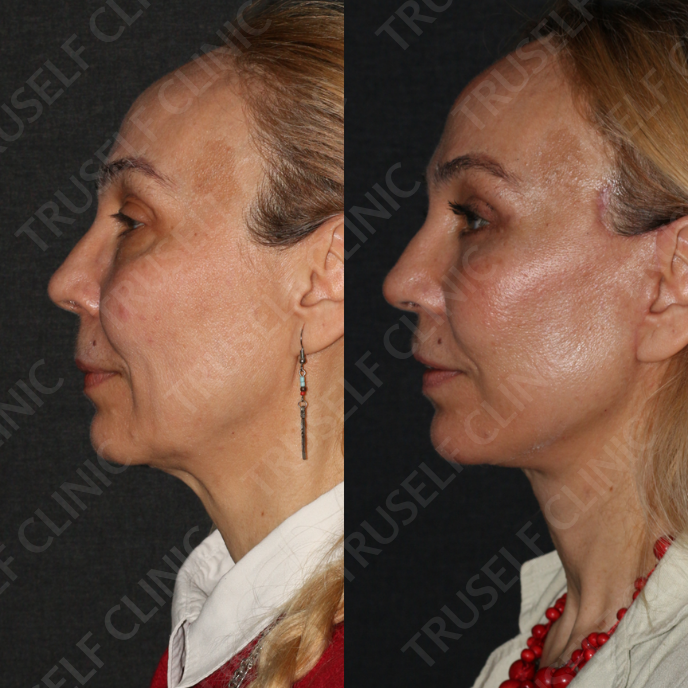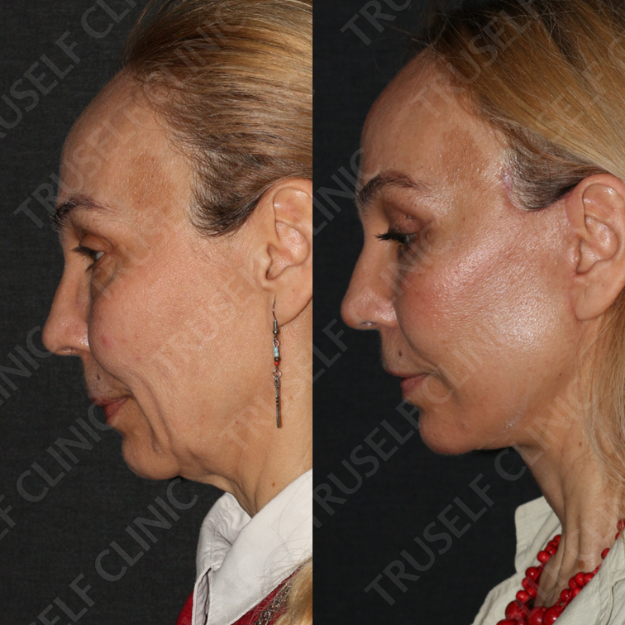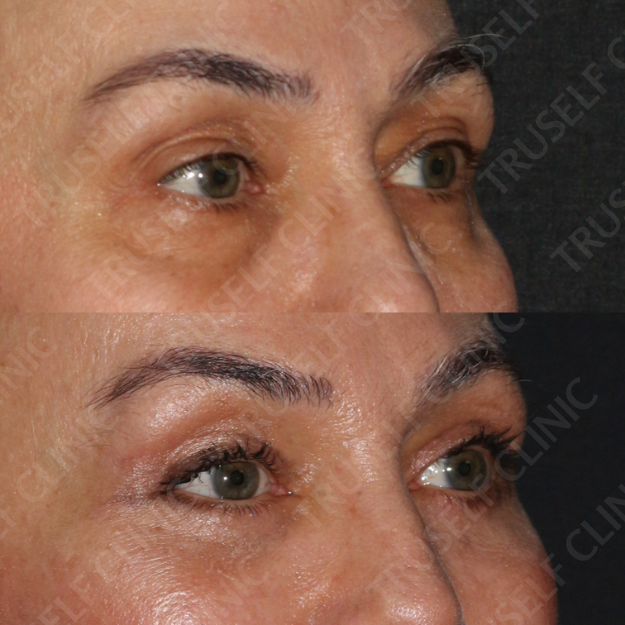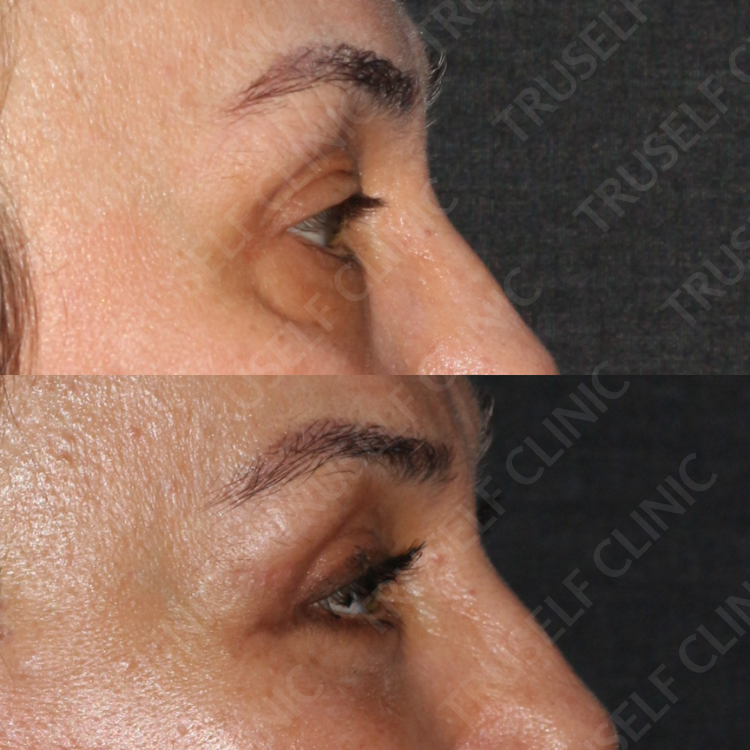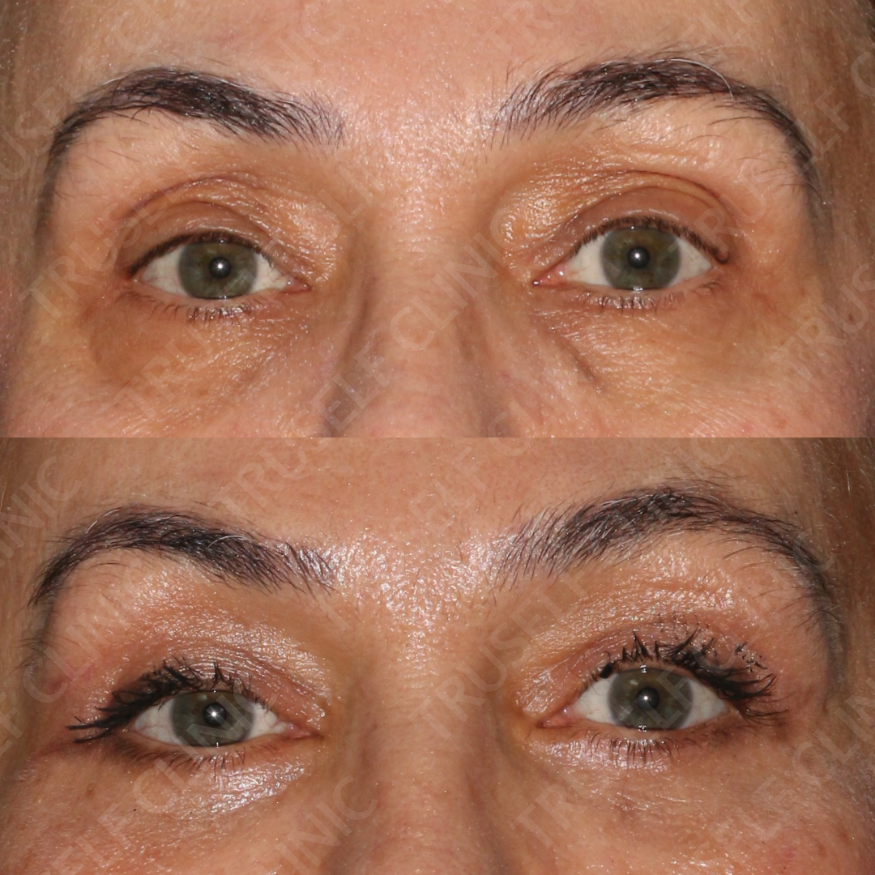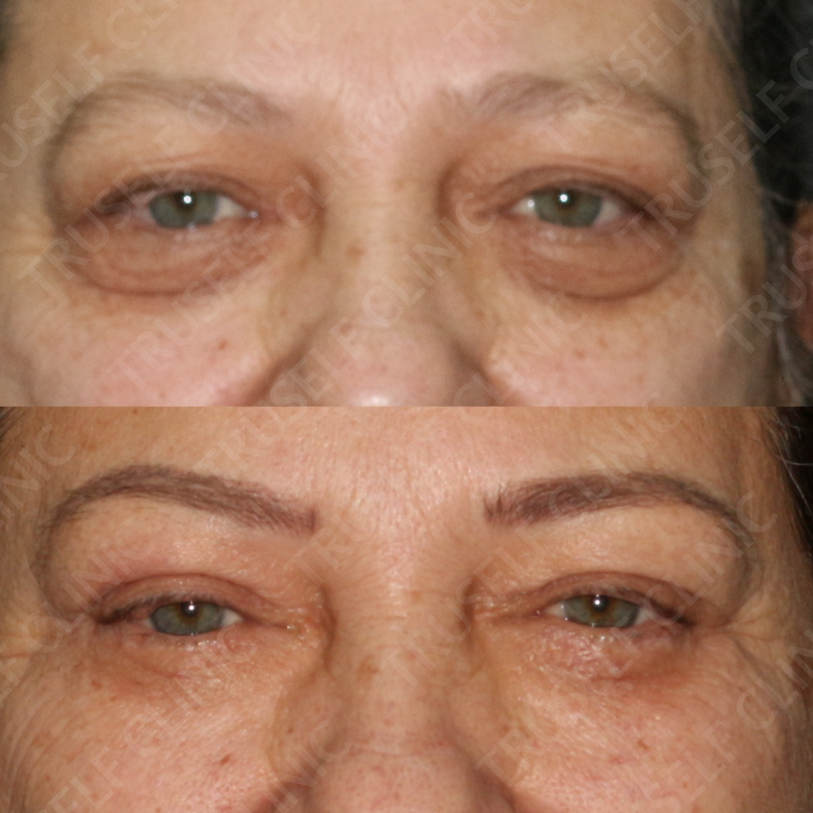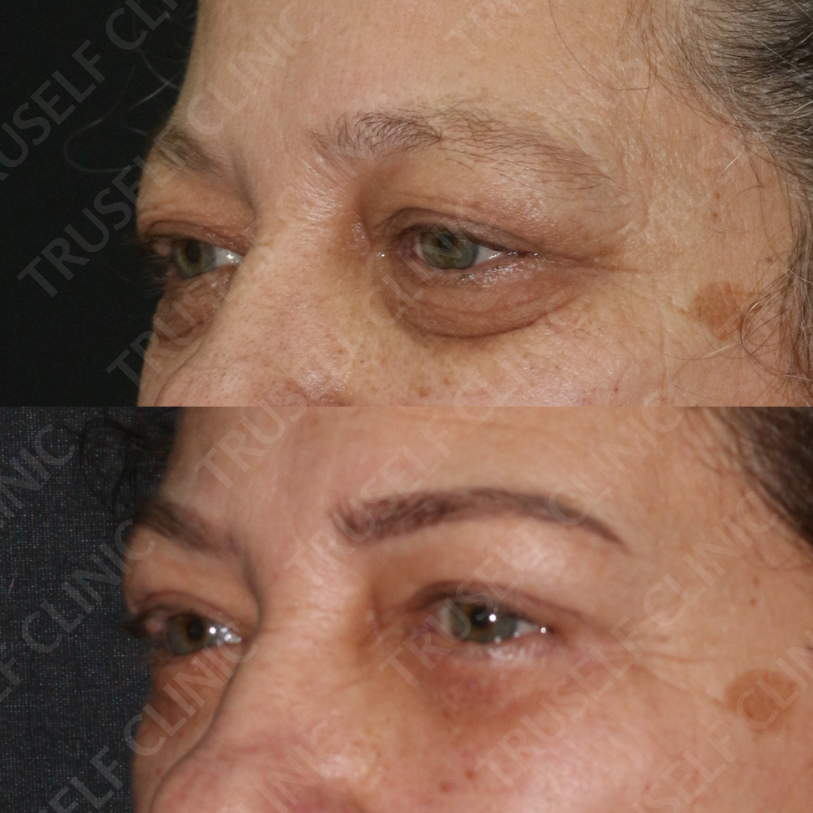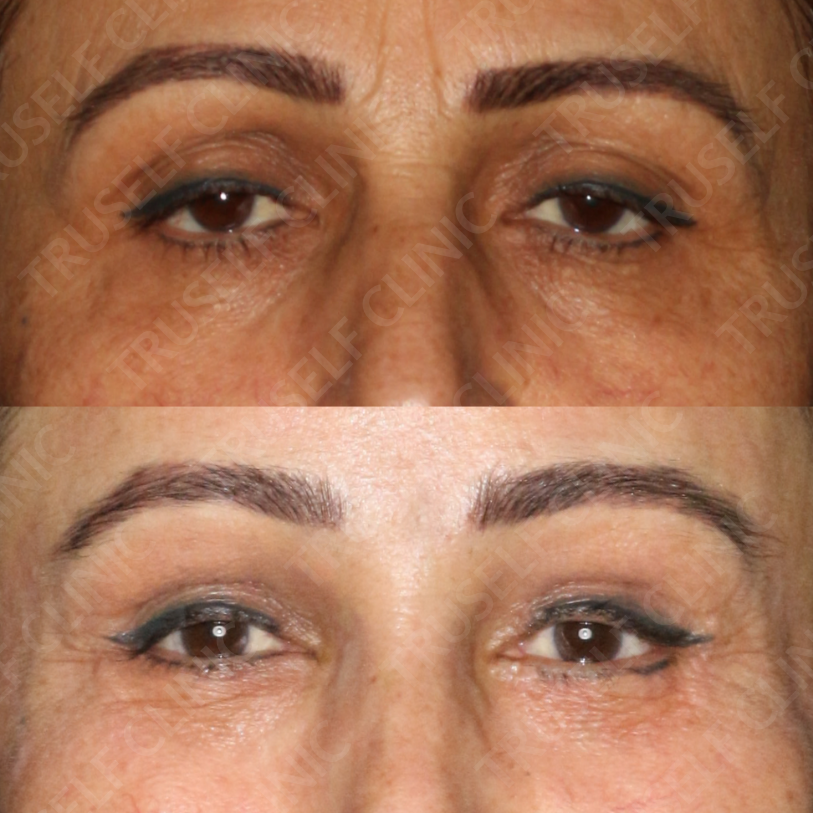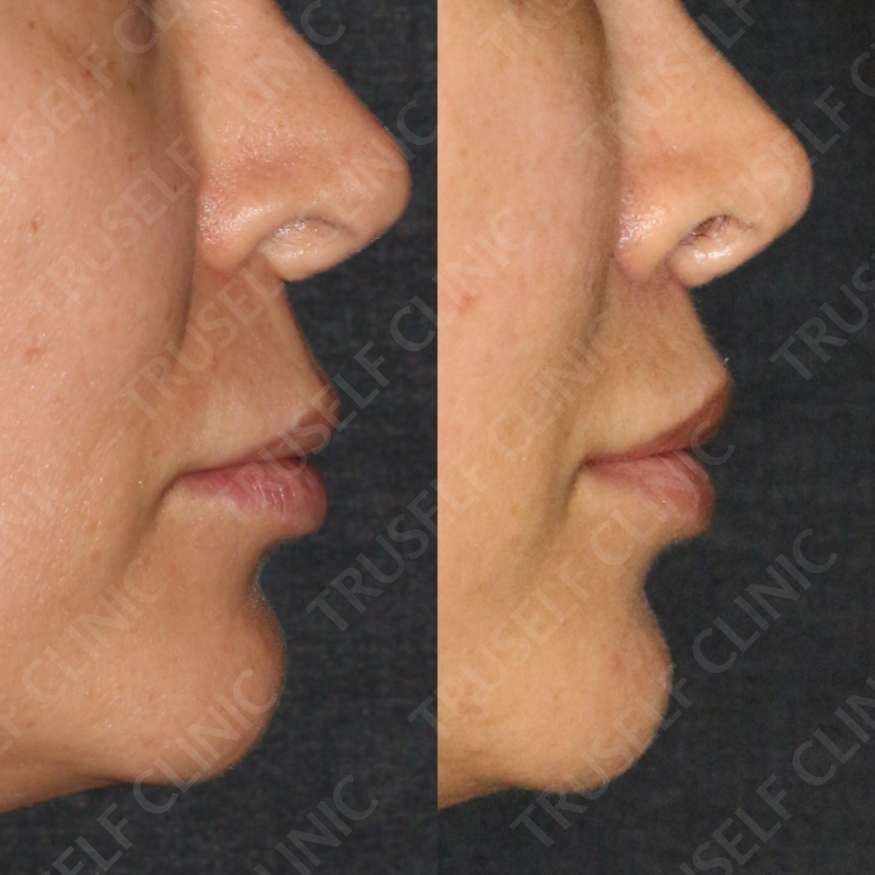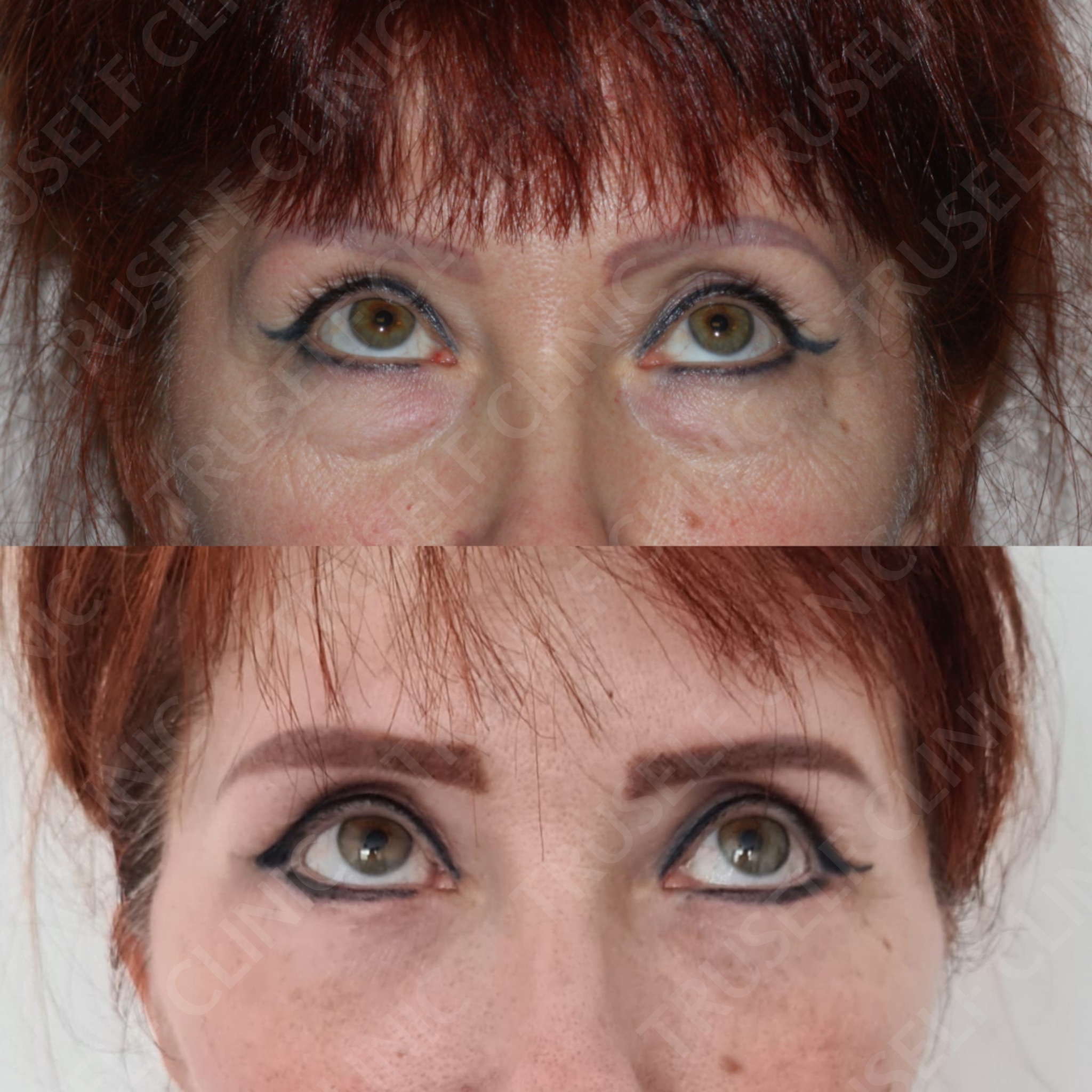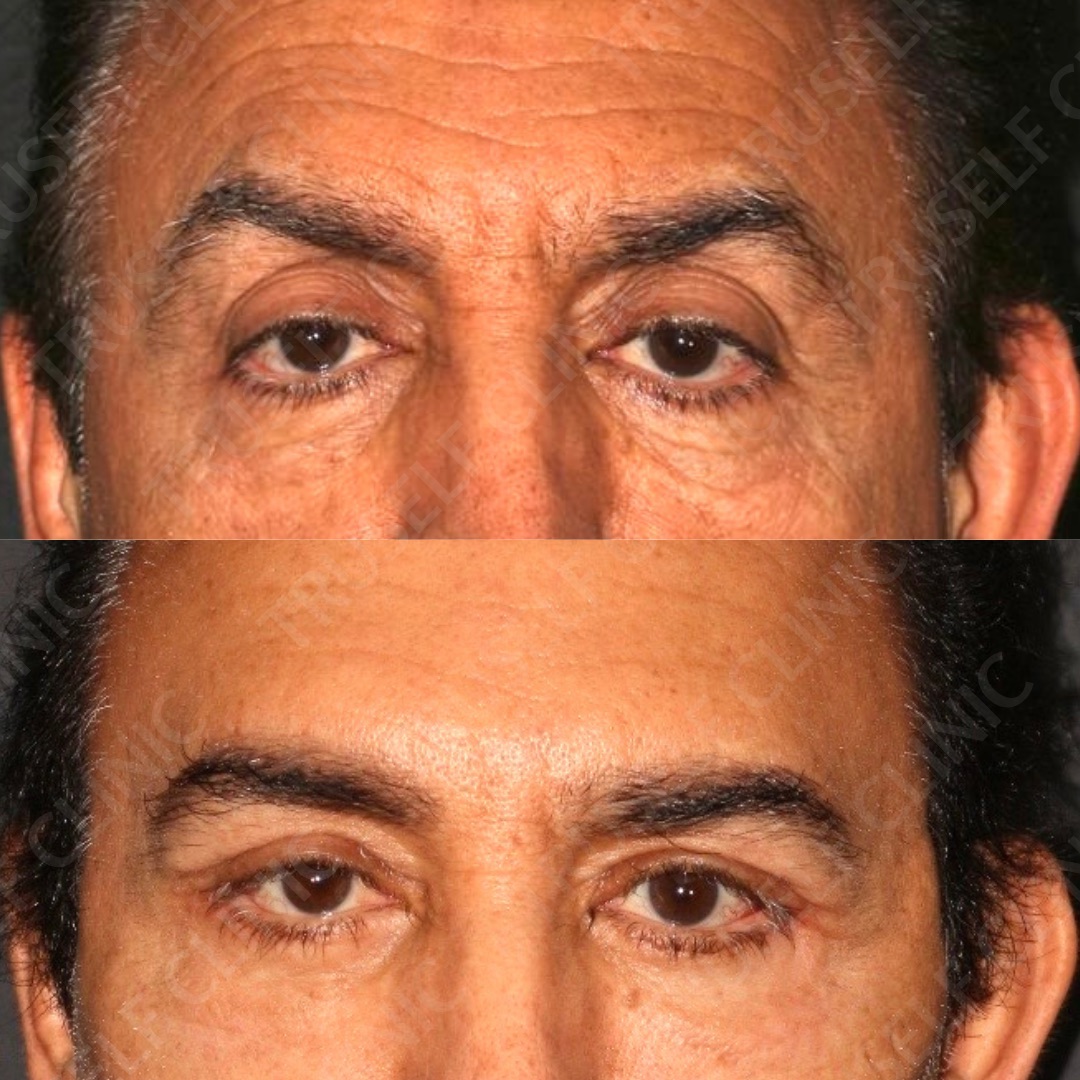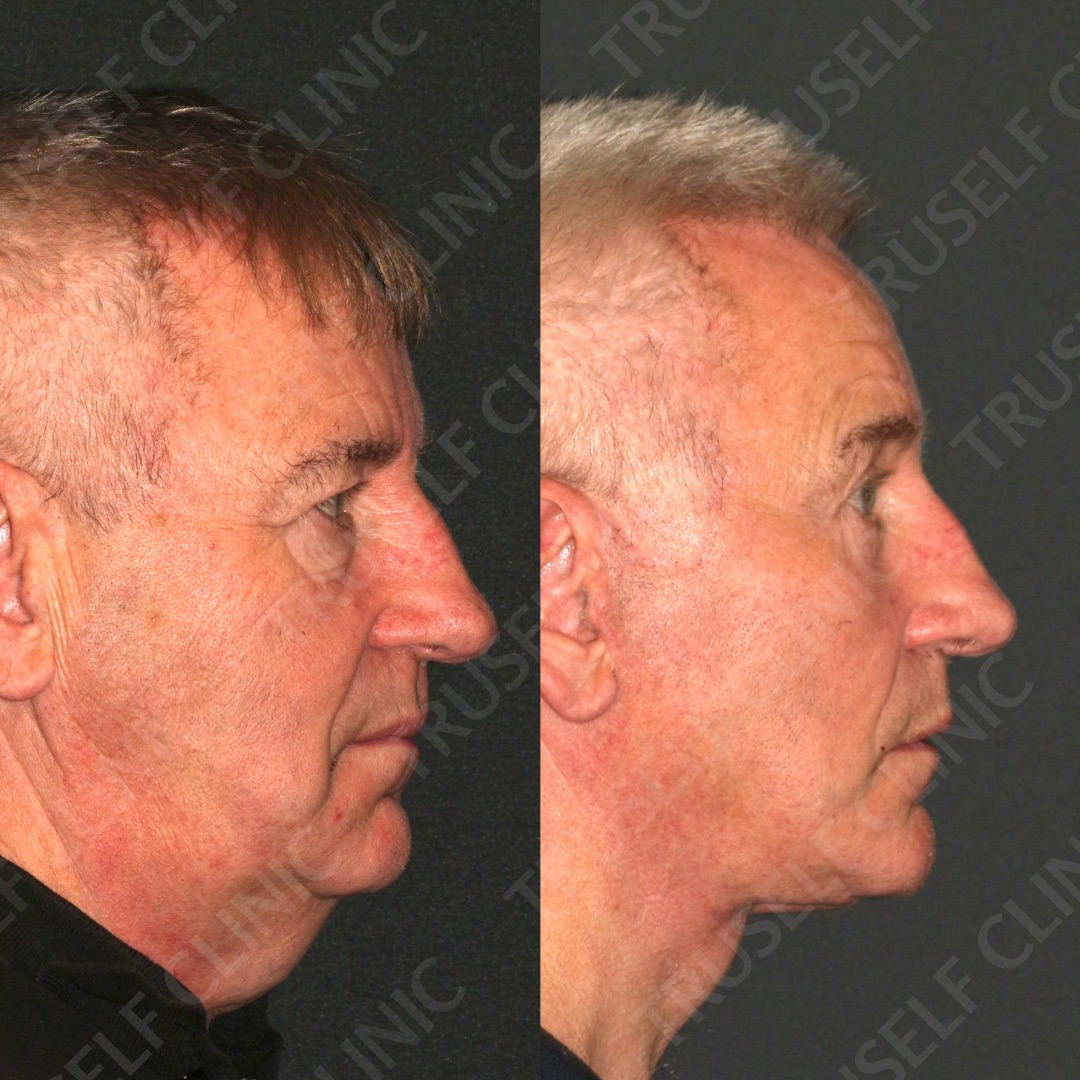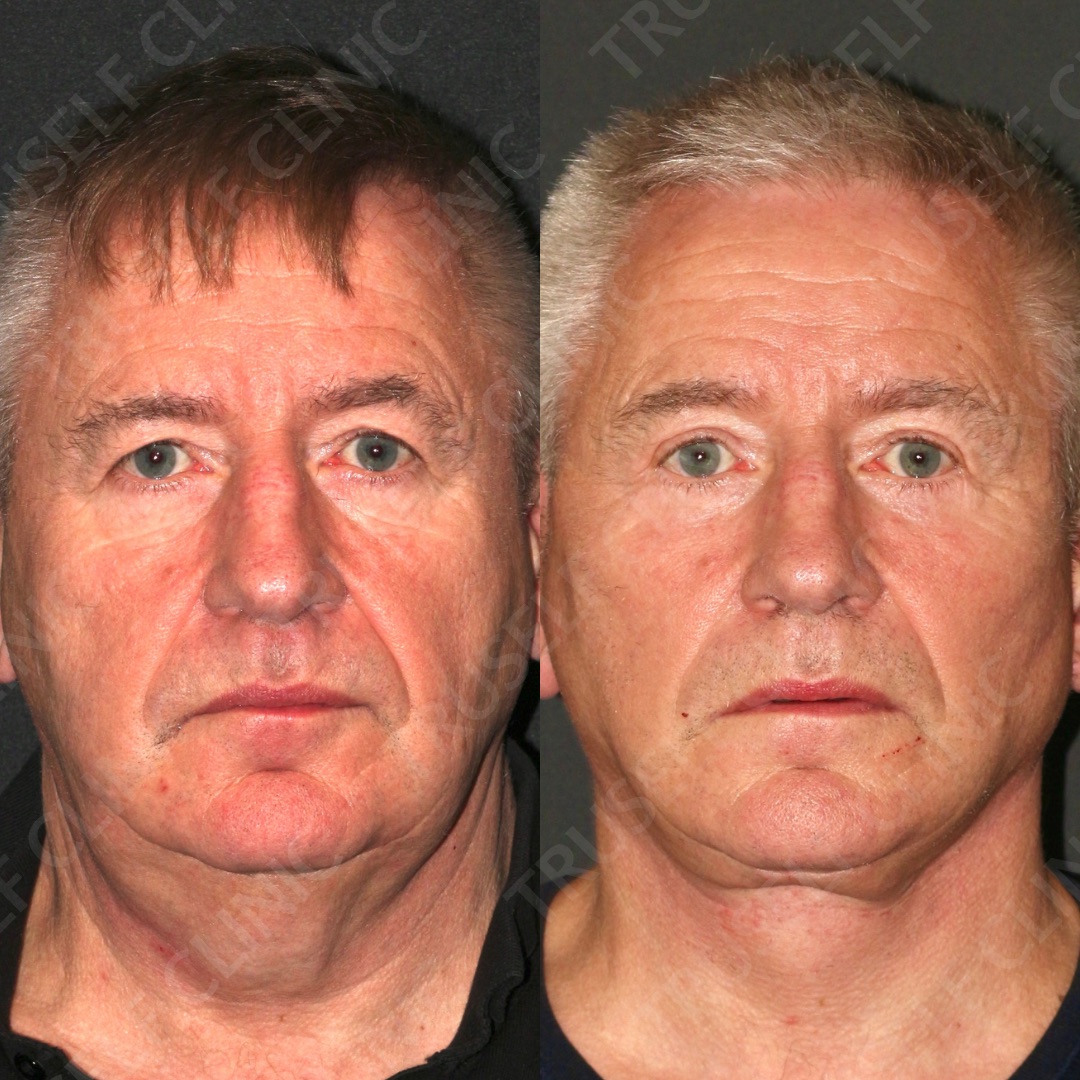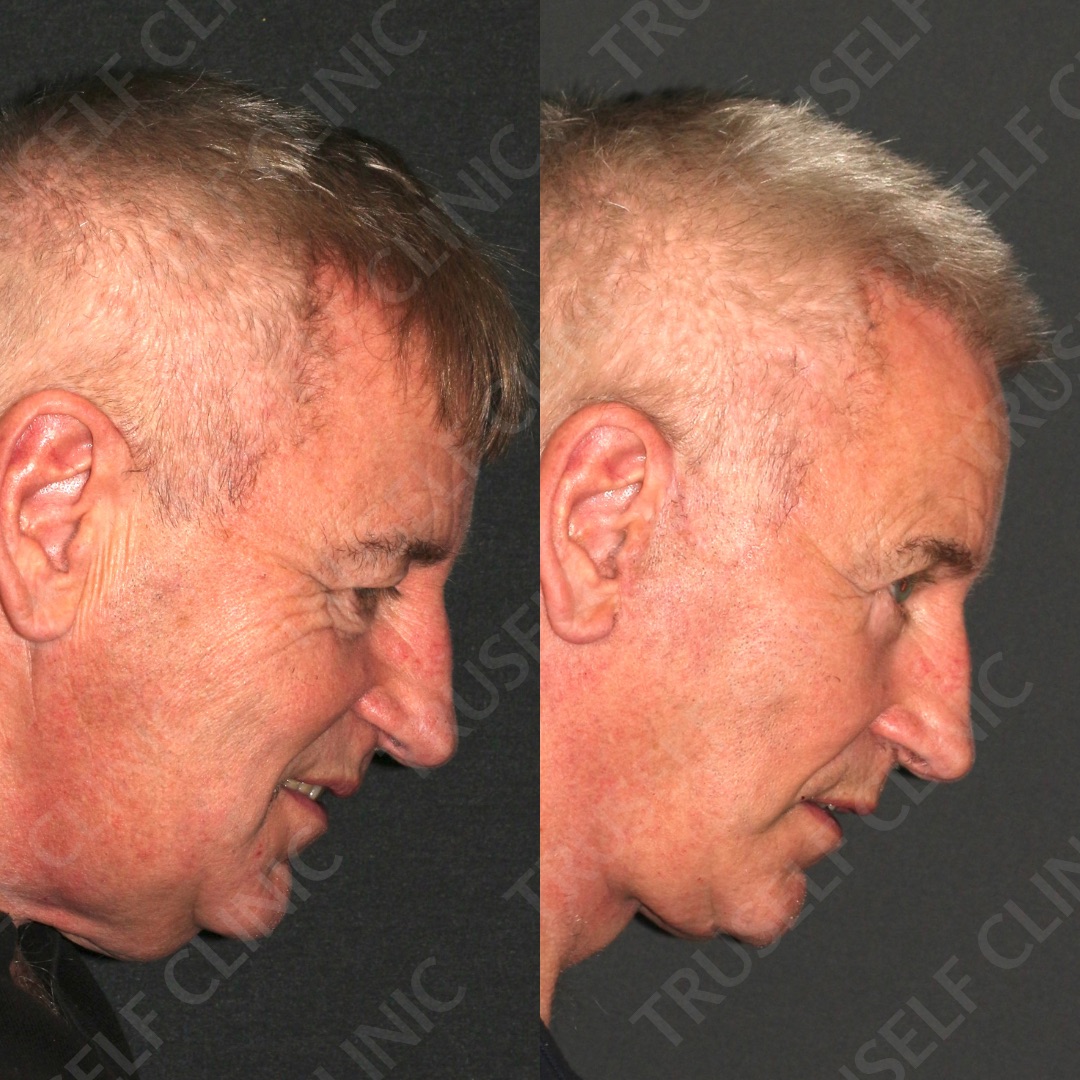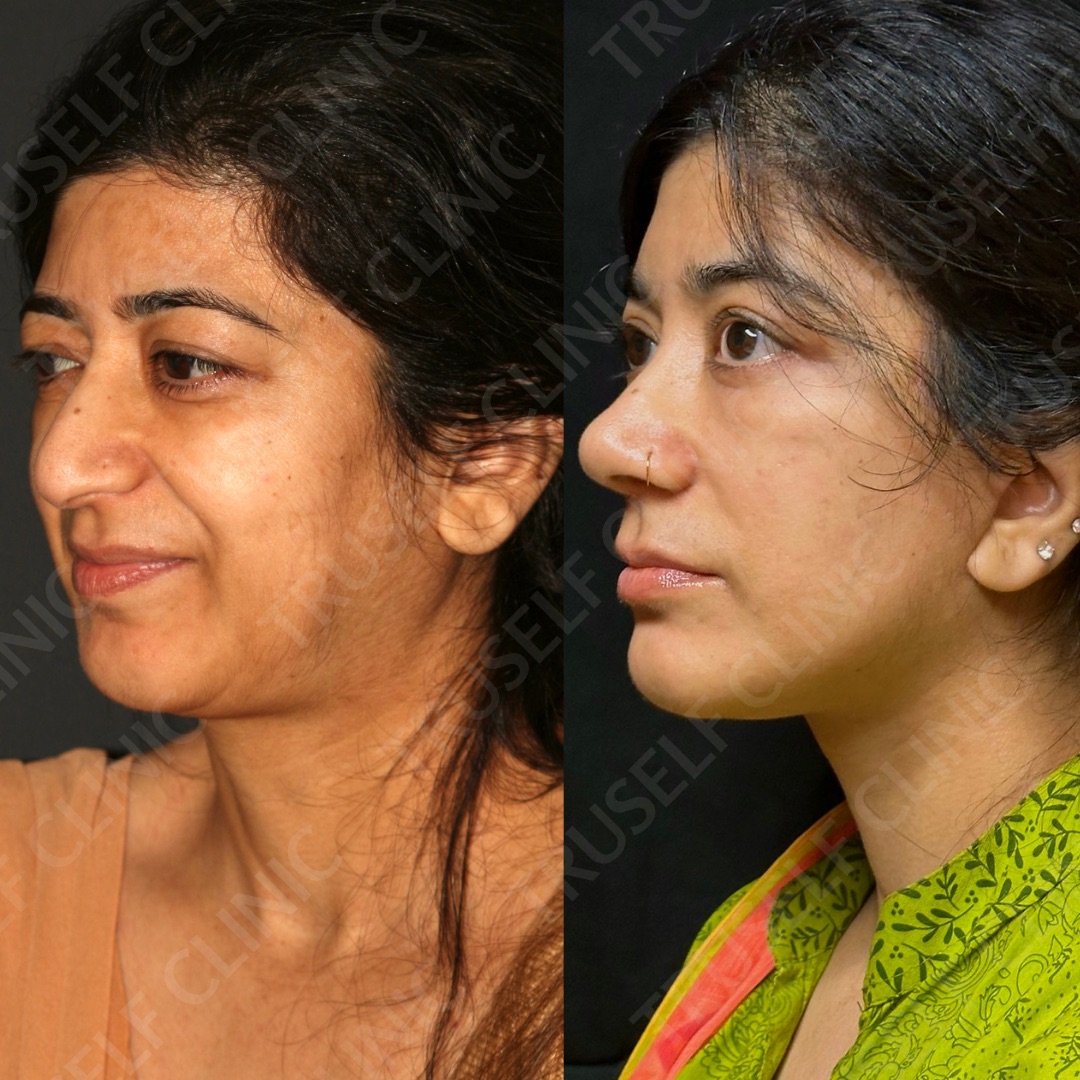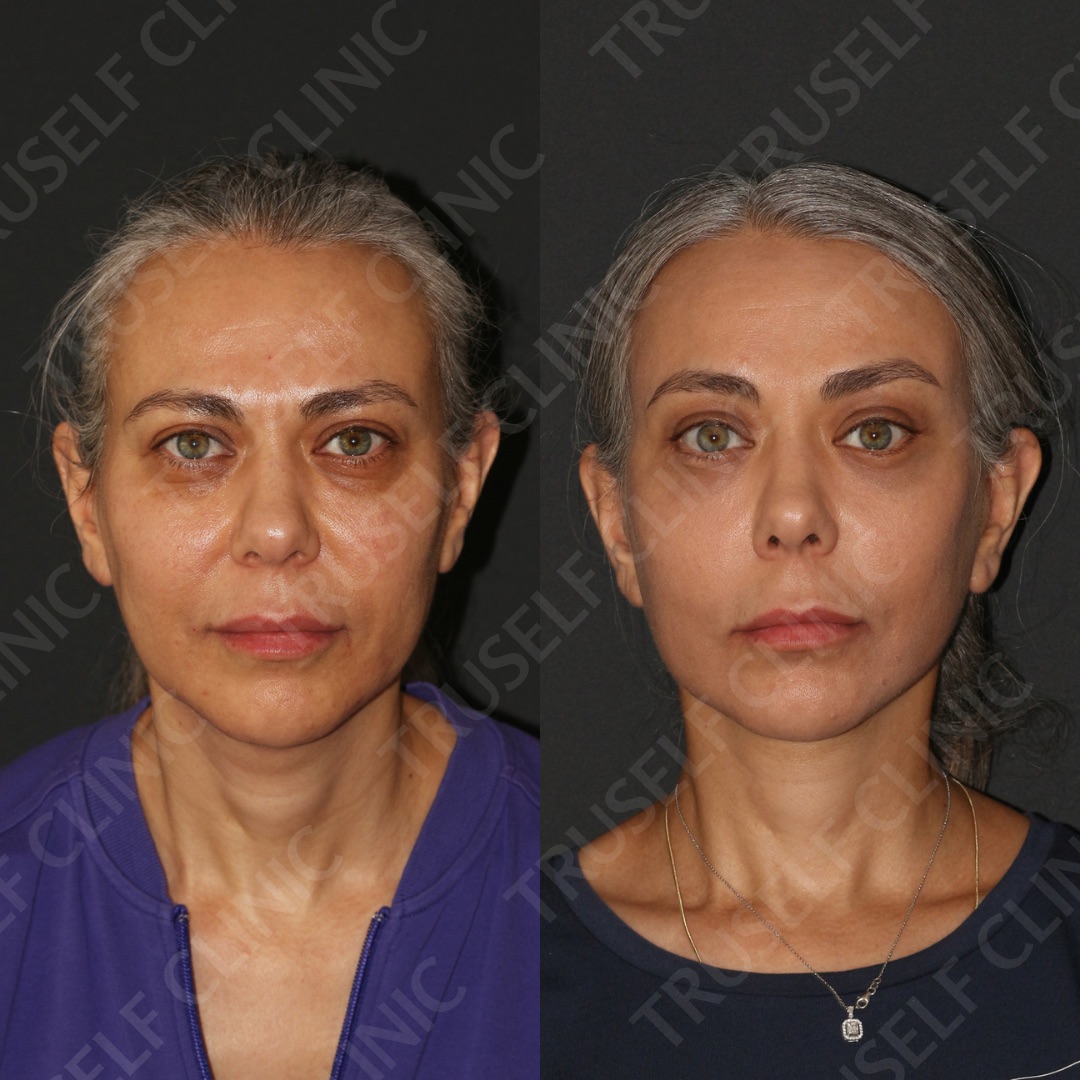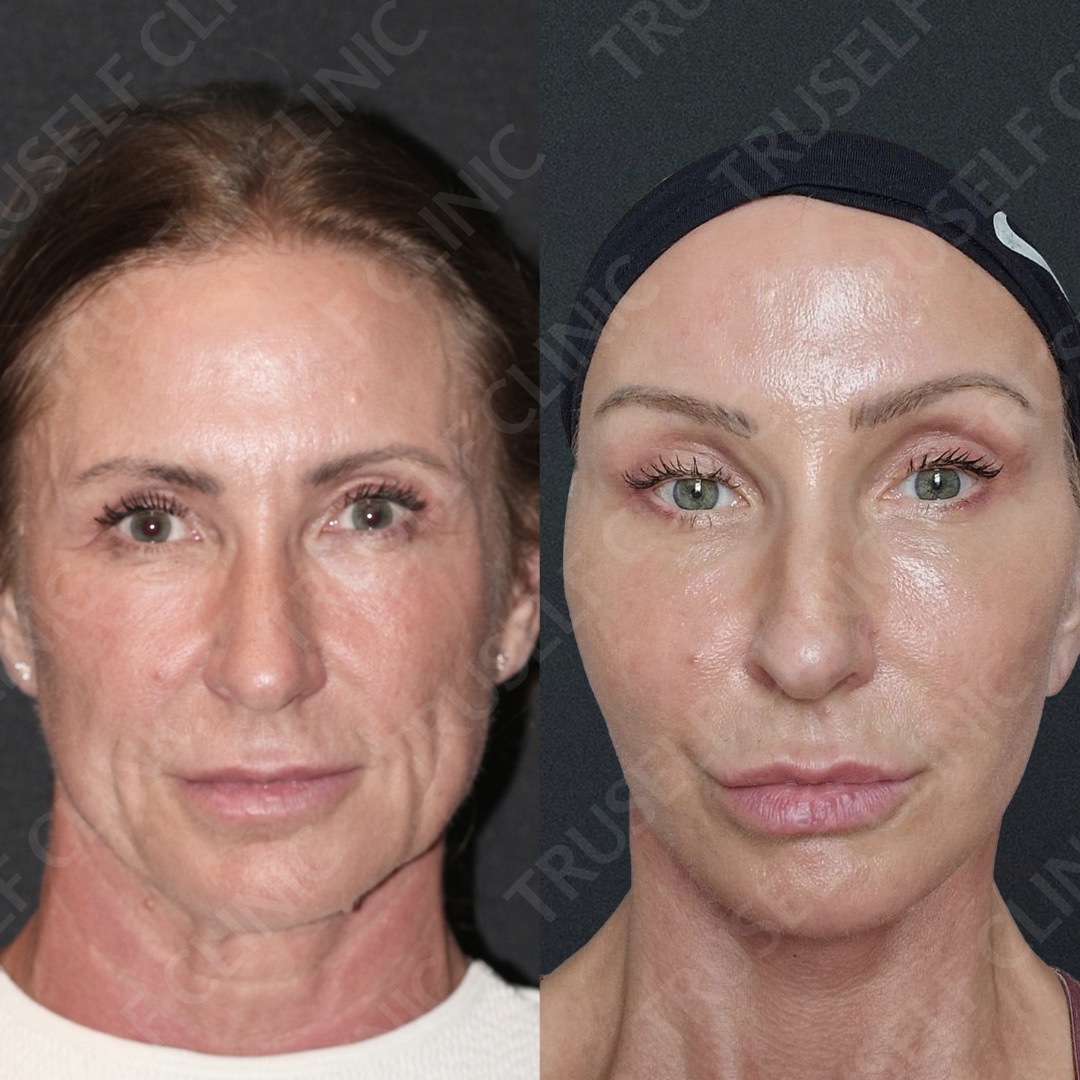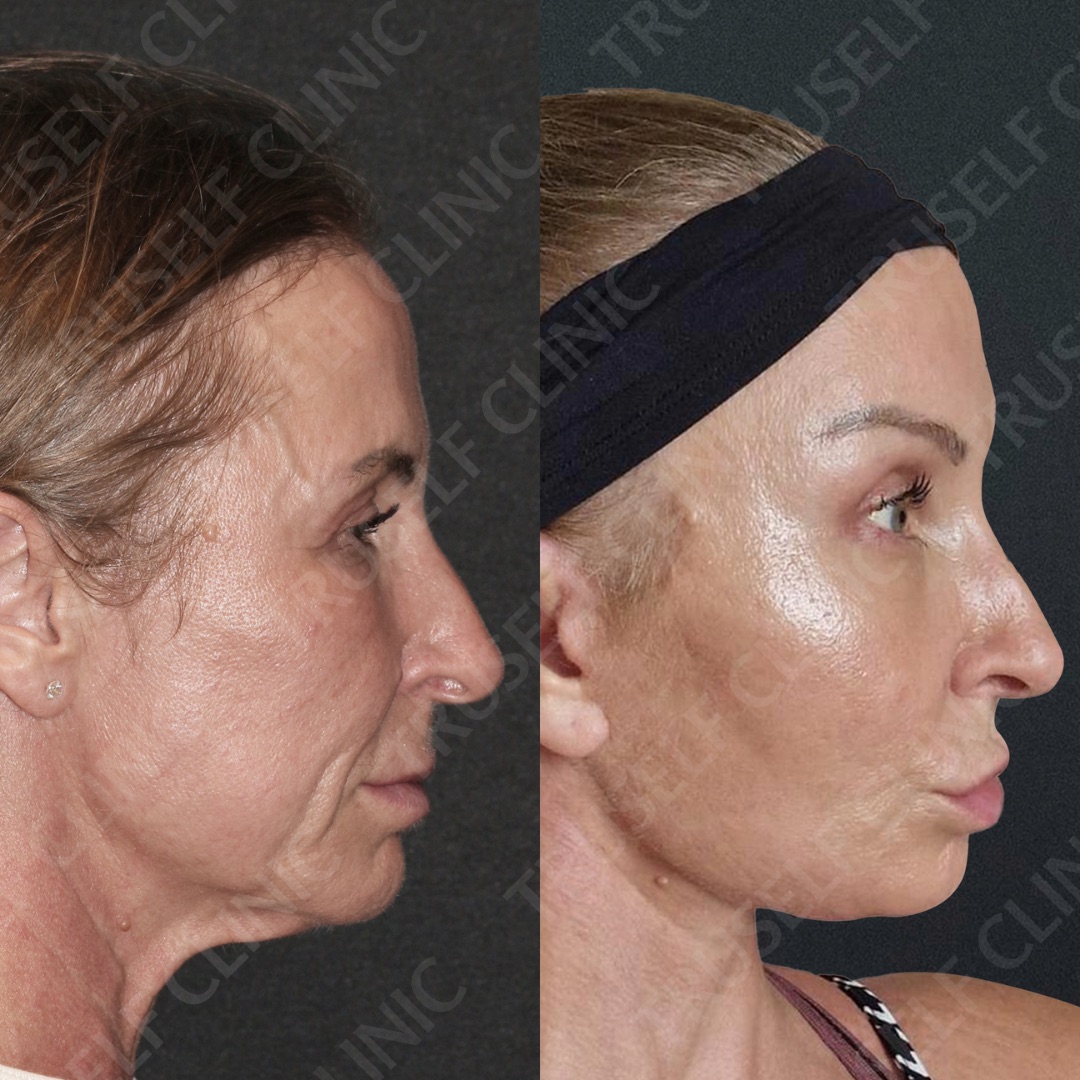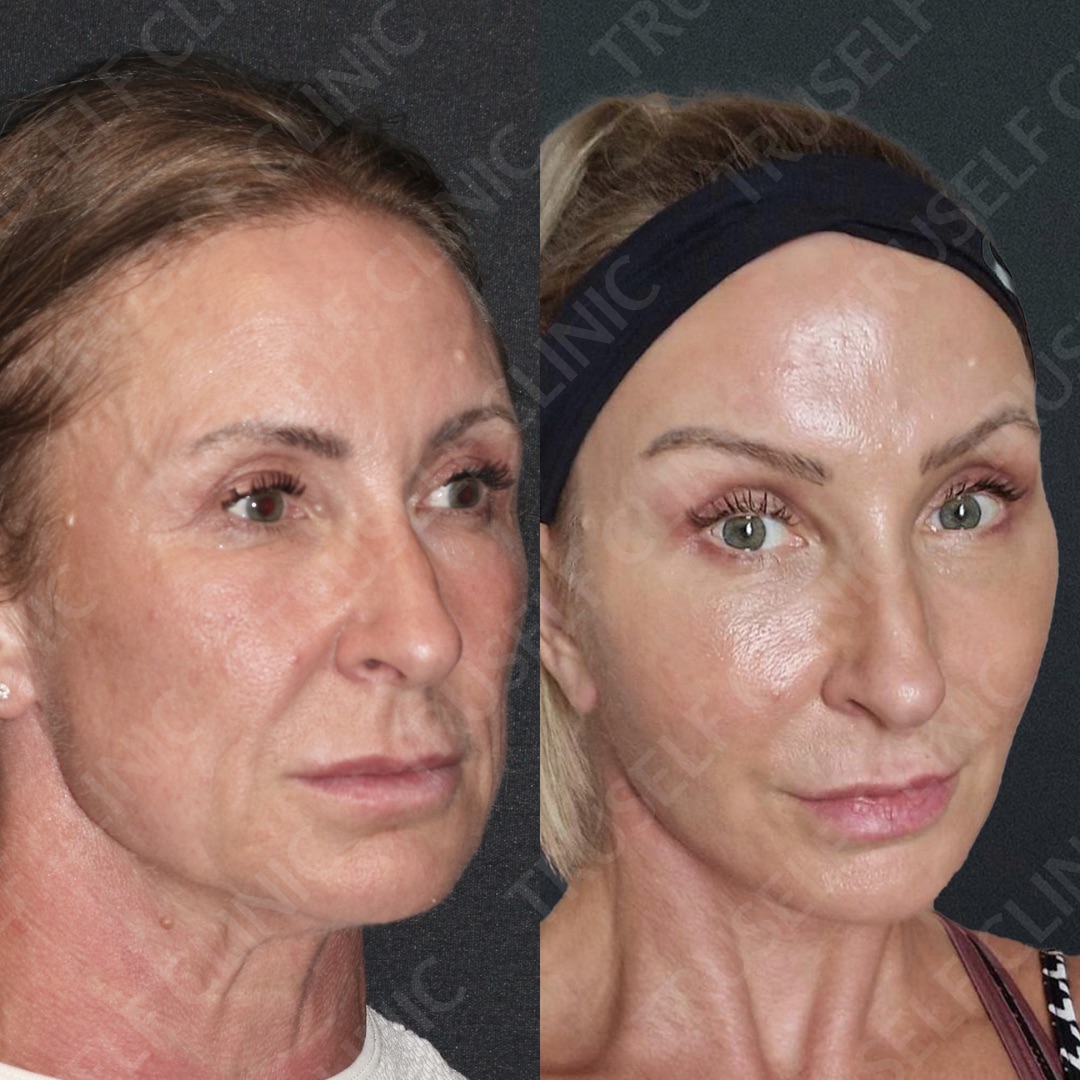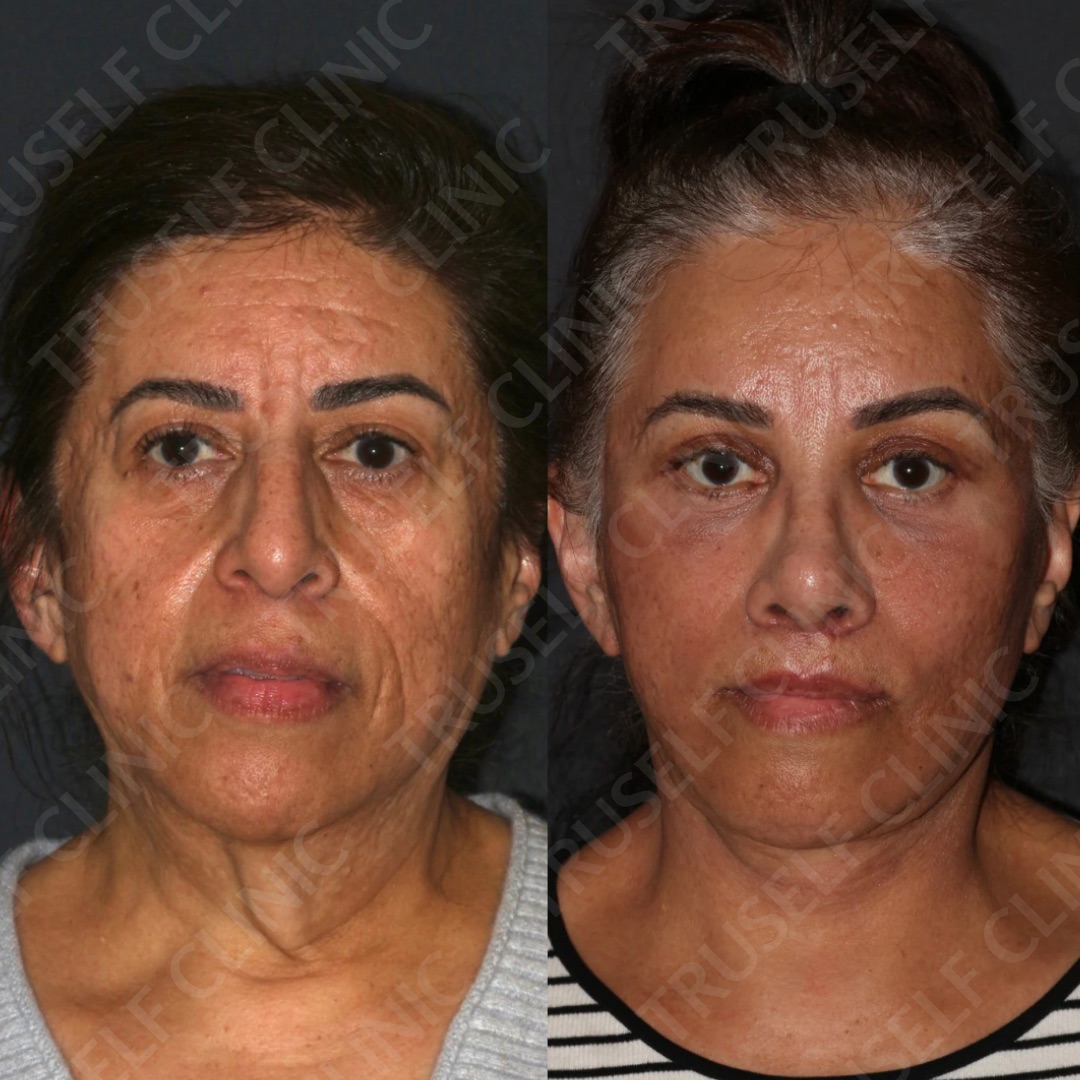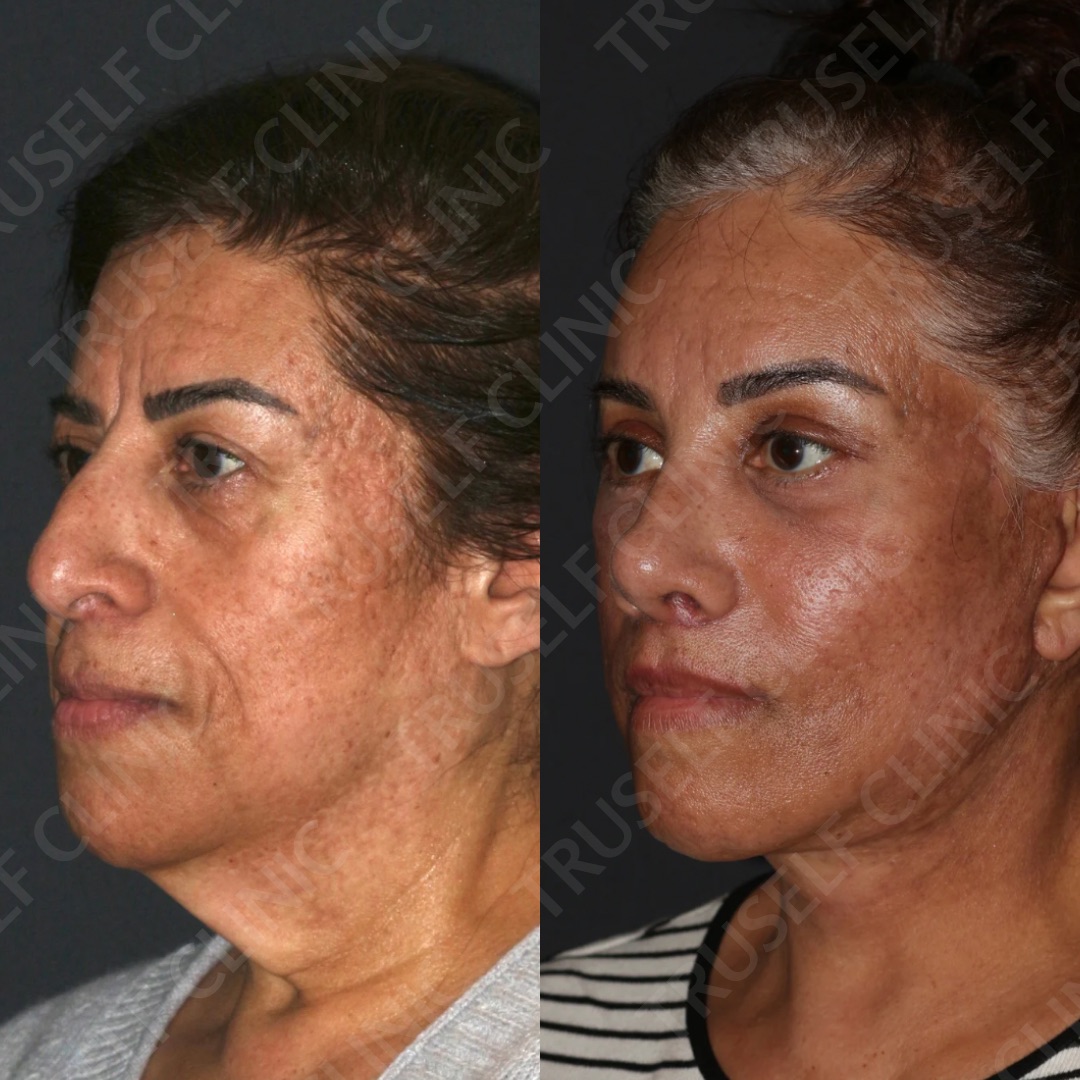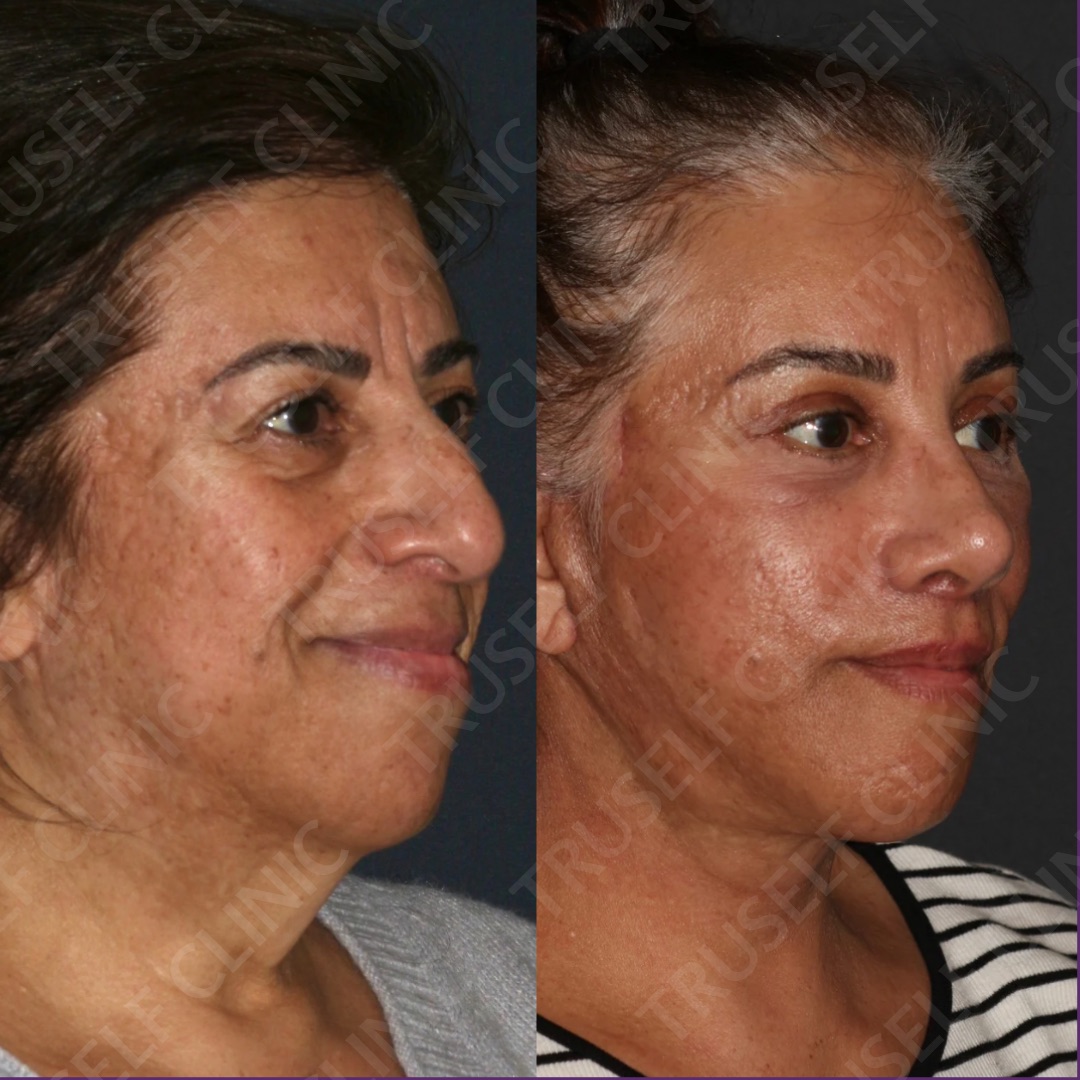Buccal Fat Removal (Bichechtomy)
Bichectomy is a procedure that involves the removal of the buccal fat pads, which are located in the cheeks. The goal of the procedure is to create a slimmer, more contoured appearance to the face. Bichectomy is also known as buccal fat removal or cheek reduction surgery.
The buccal fat pads are located in the lower part of the cheeks, and they can contribute to a round, full appearance to the face.
In some cases, this can be a genetic trait that is difficult to change with diet and exercise. Bichectomy can help to remove some of the excess fat in the cheeks, resulting in a more defined jawline and cheekbones.
The procedure is typically performed on an outpatient basis and takes about 30 to 60 minutes to complete. The surgeon will make a small incision on the inside of the cheek and remove a portion of the buccal fat pad. The incision is then closed with sutures.
Bichectomy is a relatively safe procedure with a low risk of complications, but as with any surgery, there are some risks involved, including infection, bleeding, and nerve damage. Recovery time is usually about a week, during which patients may experience some swelling, bruising, and discomfort. It's important for patients to follow their surgeon's post-operative instructions carefully to ensure proper healing and minimize the risk of complications.
Am I a good candidate for buccal fat removal surgery?
Buccal fat removal is a cosmetic surgical procedure that involves removing fat from the cheeks to create a slimmer, more defined facial appearance. It is most commonly performed on younger patients with round faces who are seeking a more chiseled, angular look. Good candidates for buccal fat removal typically meet the following criteria:
- Good overall health: Candidates should be in good physical health and not have any underlying medical conditions that could increase the risk of complications during surgery.
- Aged 20-40: The procedure is most commonly performed on patients between the ages of 20 and 40, as younger patients typically have more prominent buccal fat pads.
- Excess cheek fat: Candidates should have excess fat in the cheeks, which can give the appearance of a round or chubby face.
- Stable weight: Candidates should have a stable weight and be committed to maintaining a healthy lifestyle after the procedure.
- Realistic expectations: Candidates should have realistic expectations about the results of the procedure and understand that the outcome may not be exactly what they envision.
It's important to note that buccal fat removal is not recommended for everyone, and each individual should undergo a thorough consultation with a qualified plastic surgeon to determine if they are a good candidate for the procedure.
What are the risks of bichectomy?
Bichectomy, also known as buccal fat removal, is generally considered a safe procedure when performed by a qualified and experienced plastic surgeon. However, like any surgical procedure, there are potential risks and complications. Some of the risks associated with bichectomy may include:
- Infection: There is a risk of infection with any surgical procedure. Your surgeon will provide you with instructions on how to care for the incision site and prevent infection.
- Bleeding: Some bleeding is normal after surgery, but excessive bleeding can be a complication.
- Numbness: Numbness or a loss of sensation in the cheek or surrounding area is a common side effect of bichectomy. In most cases, this is temporary and resolves over time.
- Facial asymmetry: If too much fat is removed, it can result in an uneven or asymmetrical appearance.
- Facial sagging: In some cases, removing too much fat can cause the cheeks to sag, resulting in a less youthful appearance.
- Scarring: There may be scarring at the incision site, although this is typically minimal.
- Allergic reaction: Some patients may have an allergic reaction to anesthesia or other medications used during the procedure.
It's important to discuss these potential risks and any other concerns with your plastic surgeon during your consultation. Your surgeon can provide you with information on how to minimize your risks and ensure a safe and successful procedure.
How to get ready for a bichectomy?
If you are considering bichectomy, it's important to prepare yourself both mentally and physically for the procedure. Here are some steps you can take to get ready:
- Consult with a qualified plastic surgeon: Schedule a consultation with a qualified plastic surgeon who specializes in bichectomy. During your consultation, you will discuss your goals for the procedure and your medical history. Your surgeon will evaluate your face to determine if you are a good candidate for the procedure.
- Follow pre-operative instructions: Your surgeon will provide you with specific instructions to follow before your surgery, such as avoiding certain medications and foods. Be sure to follow these instructions closely to ensure a safe and successful procedure.
- Take time off work: Plan to take some time off work and other activities to allow yourself time to heal after the procedure. Your surgeon will provide you with an estimate of the recovery time based on your individual circumstances.
- Prepare your recovery space: Before your surgery, prepare a comfortable space at home where you can rest and recover. Stock up on supplies such as gauze, pain medication, and ice packs.
- Follow post-operative instructions: Your surgeon will provide you with specific instructions to follow after the surgery, such as how to care for the incision site and when to schedule a follow-up appointment. Be sure to follow these instructions closely to promote healing and minimize the risk of complications.
By following these steps, you can help ensure a safe and successful bichectomy procedure and a smooth recovery process.
How to take care of yourself after bichectomy?
After a bichectomy, it's important to take proper care of yourself to promote healing and minimize the risk of complications. Here are some general guidelines for post-operative care:
- Follow your surgeon's instructions: Your surgeon will provide you with specific instructions to follow after the procedure, such as how to care for the incision site, when to change your bandages, and when to schedule a follow-up appointment. Be sure to follow these instructions closely to promote healing and minimize the risk of complications.
- Rest and avoid strenuous activity: Plan to rest for the first few days after the procedure, and avoid any strenuous physical activity for at least two weeks. This will help prevent bleeding, swelling, and other complications.
- Apply ice packs: Apply ice packs to the affected area for the first few days after the procedure to help reduce swelling and discomfort.
- Take pain medication as prescribed: Your surgeon may prescribe pain medication to help manage discomfort after the procedure. Be sure to take the medication as directed.
- Stick to a soft-food diet: Eat soft, easy-to-digest foods for the first few days after the procedure to avoid irritating the incision site.
- Avoid smoking and drinking alcohol: Smoking and drinking alcohol can interfere with the healing process and increase the risk of complications. Avoid smoking and drinking alcohol for at least two weeks after the procedure.
- Keep the incision site clean: Gently clean the incision site as instructed by your surgeon to prevent infection.
- Be patient: It may take several weeks for swelling and bruising to subside and for the full results of the procedure to become apparent. Be patient and follow your surgeon's instructions for post-operative care.
By following these guidelines, you can help ensure a smooth recovery after bichectomy and minimize the risk of complications. However, it's important to note that every individual's recovery process may be slightly different, so be sure to consult with your surgeon for specific instructions tailored to your needs.
How is the healing process after bichectomy?
The healing process after bichectomy can vary depending on the individual and the extent of the procedure. However, here are some general guidelines for what to expect during the healing process:
- Swelling and bruising: It's common to experience some degree of swelling and bruising around the cheeks and mouth for the first few days after the procedure. This usually subsides within a week or two.
- Discomfort: You may experience some discomfort around the incision site, but this can usually be managed with pain medication.
- Stitches: Depending on the technique used, you may have dissolvable stitches or stitches that need to be removed after a few days.
- Soft-food diet: To avoid irritating the incision site, you will need to follow a soft-food diet for the first few days after the procedure.
- Follow-up appointments: Your surgeon will schedule follow-up appointments to monitor your progress and remove any stitches as needed.
- Resuming normal activities: Depending on the extent of the procedure, you may be able to resume normal activities within a few days or may need to wait a week or two.
- Long-term results: It can take several weeks for the swelling to subside and for the full results of the procedure to become apparent. However, once the swelling has gone down, you should notice a more contoured, defined look to your cheeks.
It's important to follow your surgeon's instructions for post-operative care to promote healing and minimize the risk of complications. If you experience any unusual symptoms or complications, be sure to contact your surgeon right away.
How is the scarring after the procedure?
The scarring after a bichectomy is typically minimal and well-concealed.
During the procedure, your surgeon will make incisions on the inside of your mouth, usually at the back of the cheeks, to remove the buccal fat pads. Because the incisions are made inside the mouth, there are no external scars.
After the procedure, it's important to follow your surgeon's post-operative instructions to promote proper healing and minimize the risk of complications. This may include avoiding certain foods and drinks, keeping your mouth clean, and taking any prescribed medications as directed.
In some cases, patients may experience minor swelling or bruising in the cheek area after the surgery, but this typically resolves within a few weeks. As the swelling goes down, the contour of your cheeks will become more defined and the full results of the procedure will become visible.
Overall, the scarring after bichectomy is typically minimal and well-hidden, making it a popular option for those looking to enhance the appearance of their cheeks. However, as with any surgical procedure, there is always a risk of complications or unfavorable scarring, so it's important to discuss your goals and concerns with your surgeon before deciding to undergo bichectomy.
